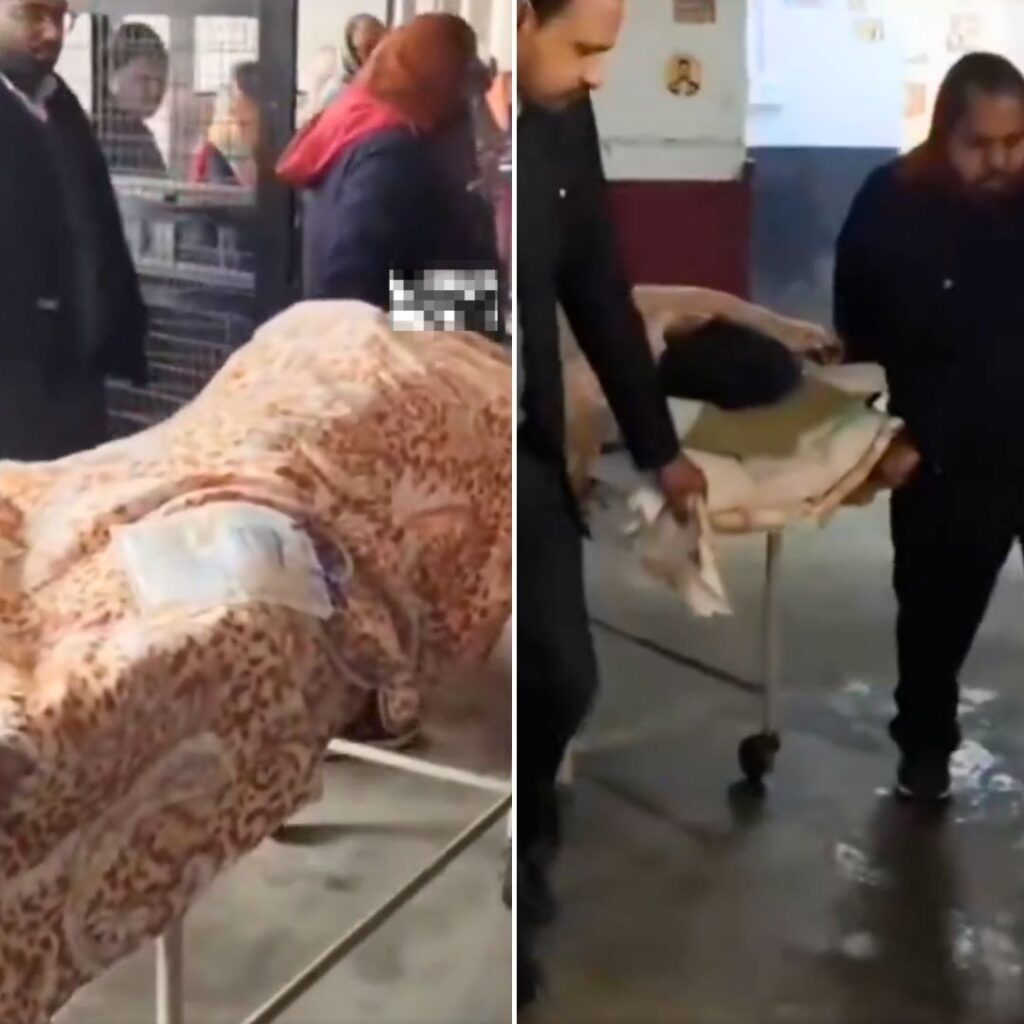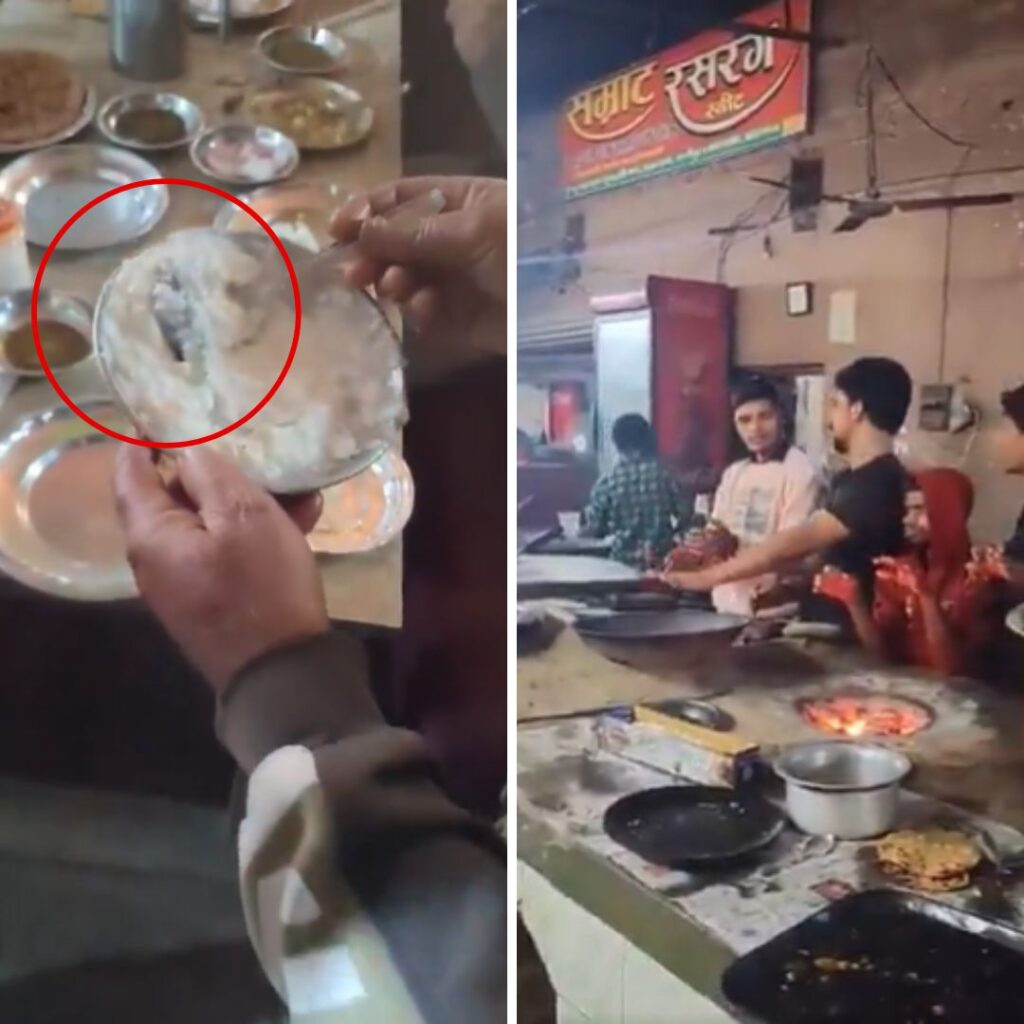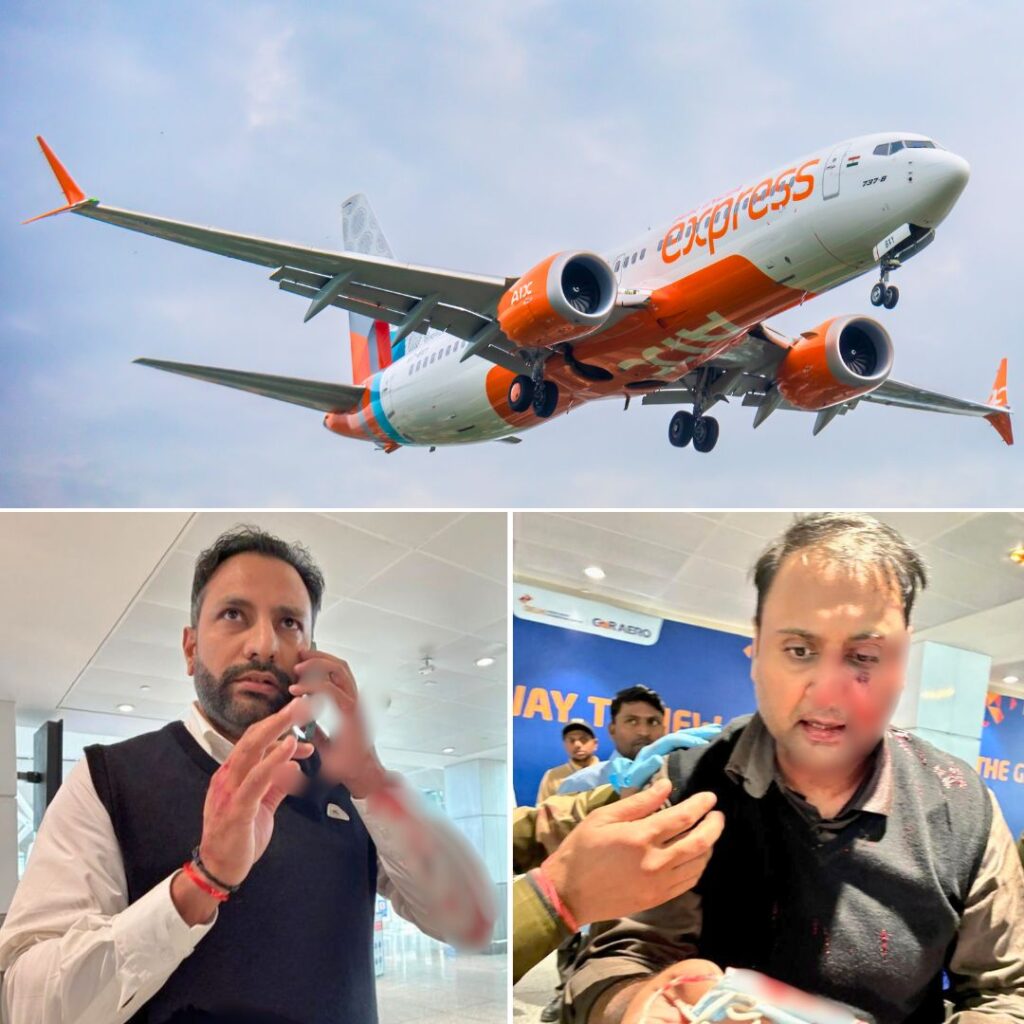“Only when the last prisoner of conscience has been freed, when the last torture chamber has been closed, when the United Nations Universal Declaration of Human Rights is a reality for the world’s people, will our work be done.” – Peter Benenson, founder of Amnesty International.
Founded in 1961, Amnesty International began with the objective “to conduct research and generate action to prevent and end grave abuses of human rights, and to demand justice for those whose rights have been violated”. Today, Amnesty International works in over 150 countries and has over 7 million members.
For its work in the advancement of human rights, Amnesty International has been awarded numerous honours, including the Nobel Peace Prize in 1977. It is one of the largest NGOs of our time and arguably the most recognised and respected human rights group in the world.
Amnesty International India is a network of over 65,000 grassroots activists, journalists, and volunteers. The first Amnesty office in India was first set up in India in Bihar in 1966. Since then, the nonpartisan organisation has campaigned against torture, the death penalty, and abusive laws, for women’s rights, corporate accountability, and free speech. It also seeks to promote human rights education in schools and colleges and describes itself as working to uphold rights guaranteed by the Constitution of India.
Be it in its vocal opposition to the Emergency, its stringent protests to bring the perpetrators of the 1984 anti-Sikh riots to justice, its criticism of capital punishment, its campaign for tribal rights, or in its condemnation of AFSPA, Amnesty International India has been at the forefront of the battle to preserve human rights in India for decades.
The Logical Indian recently interviewed Aakar Patel, the Executive Director of Amnesty International India. Aakar Patel is a Bengaluru-based writer and columnist who became Amnesty India’s head in June 2015. He is a former newspaper editor and has worked at publications across India. Besides his work in human rights, Mr Patel is also an accomplished linguist. He has translated many works of literature, from Saadat Hasan Manto’s non-fiction from Urdu to English to the writing of Prime Minister Narendra Modi from Gujarati.
There are many armed insurgent groups in central India, the Northeast, and Kashmir. Even Amnesty International’s recent annual report highlighted the violence perpetrated by Maoists, groups like the Jaish-E-Mohammed in Kashmir, and extremists in Assam, Manipur and Meghalaya. What can the government – both in the centre and the States – do to ensure that the influence of such groups wanes?
States across the world face major security challenges across the world from armed groups, including attacks on civilians. However, examples from across the world also show that a strong human rights regime – which includes accountability, better policing, and access to justice for abuses both by armed groups and security forces – can help reduce public distrust and cynicism and help build a more peaceful society.
On 7 January 2017, the National Human Rights Commission (NHRC) “found 16 women, prima facie victims of rape, sexual and physical assault by the State police personnel in Chhattisgarh”. The NHRC was investigating reports of human rights abuses by security forces in Chhattisgarh during an October 2015 operation against Maoists. It also found that almost all the victims in these incidents, covered under the three FIRs, are tribals. This is not the first attack on tribals by security forces. And while some argue that this is a question of police sensitisation, the atrocities have been too extreme. What do you think needs to be done to ensure that security personnel in sensitive areas like Bastar do not commit human rights abuses?
The October 2015 incident is only one of several serious allegations of human rights violations committed by security forces in Chhattisgarh. It is important that the Chhattisgarh government follow up on its commitment to zero tolerance against human rights abuses by ensuring a time-bound, impartial and effective investigation into these allegations, and bringing those responsible to justice. Security forces should be investigated and tried in civilian courts. Impunity for human rights abuses has a knock-on effect and emboldens perpetrators.
It is also important for the Chhattisgarh government to ensure access for the NHRC and support the work of civil society organisations who work closely with affected Adivasi communities to document these abuses and bring them to light. For the past few years, we have seen how local civil society, including activists and journalists, have faced severe problems in Chhattisgarh, including threats and intimidation, trumped up charges, and lack of protection from the state authorities. Journalists and lawyers providing legal aid were forced to leave the Bastar region in 2016. Journalists such as…











